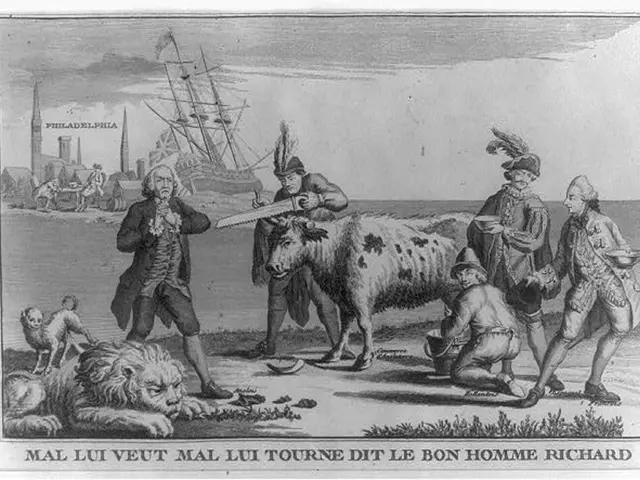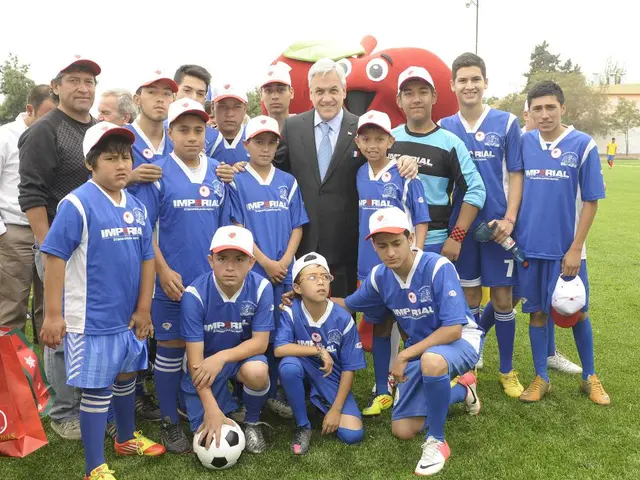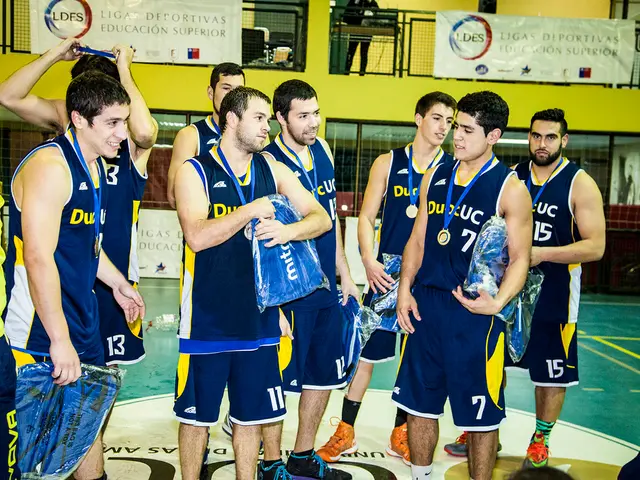Doctor claimed to have been bribed by certain physicians to retract their professional judgment before the Medical Council
Fresh Take:
Ex-Senator Accuses Medical Council Members of Bribery Over Thaksin's Hospital Stay
In a shocking claim, former senator Somchai Sawaengkarn alleged on Wednesday that some members of Thailand’s Medical Council were offered bribes to change their vote during a crucial meeting on Thursday, concerning former Prime Minister Thaksin Shinawatra.
Somchai claimed he received information from medical professionals suggesting that certain council members were offered luxurious cars and promised high-ranking positions in exchange for voting against the resolution. This resolution, passed on May 8, punished three doctors—including the surgeon general of the Police General Hospital—for justifying Thaksin's 180-day stay at the hospital.
However, Public Health Minister Somsak Thepsutin vetoed this resolution, requiring the council's 70 members to reaffirm their decision with a two-thirds majority. Somchai urged the 69 remaining council members (both ex-officio and elected) to stand firm and reaffirm the May 8 resolution, disregarding offers of cars, houses, and political positions.
Apart from these offers, Somchai also alleged that certain ex-officio members were threatened with budget cuts to their agencies if they did not vote against the resolution.
Somchai called for the PGH surgeon general to abstain from voting on Thursday, citing a conflict of interest, and for the council to make the voting details public for public scrutiny. He felt that Somsak should not attend the meeting, to allow the council to make its decision independently.
While direct evidence of bribery is yet to be provided, these allegations have sparked public outrage, questioning the integrity of the justice system and medical oversight in Thailand[1][2][3][4].
Behind the Headlines:
Recent allegations of bribery and misconduct surrounding Thailand’s Medical Council have escalated in regards to former Prime Minister Thaksin Shinawatra’s controversial hospital stay following his return to Thailand and subsequent imprisonment for corruption charges. Ongoing investigations and heightened public scrutiny have fueled suspicions of undue influence, favoritism, or corruption in the decision-making process related to Thaksin’s hospital stay[1][2][3][4].
Dramatic Protests Ahead as Medical Council Prepares to Meet
Somsak Upturns Medical Council's Ruling on Disciplinary Actions Against Doctors
Thaksin Remains at the Heart of a Combative Showdown Amidst Doctor-Politician Conflicts
Additional Context:
The Medical Council's role in Thaksin’s medical treatment and detention status after his return has come under scrutiny. Questions have emerged over whether hospital custody legally counted as time served, and whether Thaksin avoided real jail time[1][2]. The suspension of doctors by the Medical Council has sparked outrage and increased public suspicion about the legitimacy of the process, with the decision being reviewed by Public Health Minister Somsak Thepsutin, considered a close ally of the Shinawatra family[3].
An independent investigation by the Supreme Court of Political Office Holders and a public hearing scheduled for June 13, 2025, indicate heightened scrutiny of the procedures surrounding Thaksin’s imprisonment and hospital stay[1][3].
This situation carries broader political implications, especially for the current administration of Prime Minister Paetongtarn Shinawatra. If the courts rule that Thaksin’s hospital detention was unlawful, it could threaten her legitimacy and expose the government to significant public backlash[3][5].
In the Public Eye:
The suspension of doctors and ongoing investigations have led to public outrage, with critics questioning the transparency and fairness of the justice system and medical oversight in Thailand[3]. Opposition parties continue to raise concerns about related corruption issues, emphasizing the need for accountability and reform[5].
The Big Picture:The allegations of bribery and misconduct surrounding Thailand's Medical Council carry significant political and public ramifications. The outcomes of ongoing judicial and administrative reviews will influence Thailand’s political landscape and public trust in its institutions[1][3][4].
References:
- The Nation
- Bangkok Post
- Reuters
- South China Morning Post
- Aljazeera
- The allegations of bribery by former senator Somchai Sawaengkarn, regarding some Medical Council members during the critical vote on Thaksin Shinawatra's hospital stay, have sparked concerns about the integrity of policy-and-legislation within the Thai healthcare system and the general-news about its functioning.
- The ongoing investigations into Thailand’s Medical Council's decision-making process, inflamed by the recent allegations of bribery and corruption, have intensified public scrutiny and questions about the fairness and transparency of the oversight in the health sector, as well as its relation to politics.
- The mounting opinions against the Medical Council, due to allegations of corruption and bribery in relation to Thaksin Shinawatra's hospital stay and disciplinary actions against the doctors involved, highlight the importance of maintaining high standards in the health sector and ensuring policy-and-legislation adherence to promote public trust and general wellbeing.








